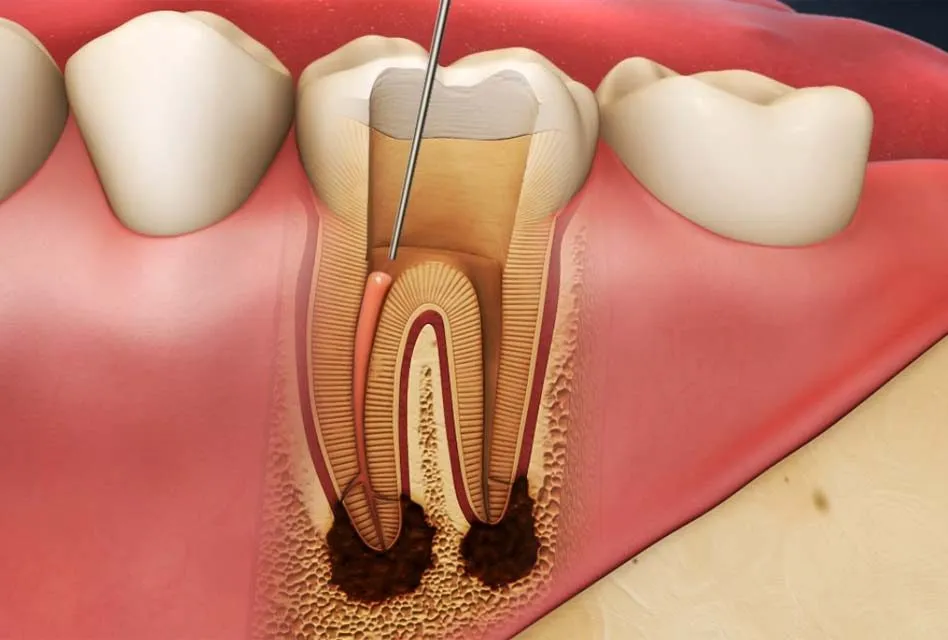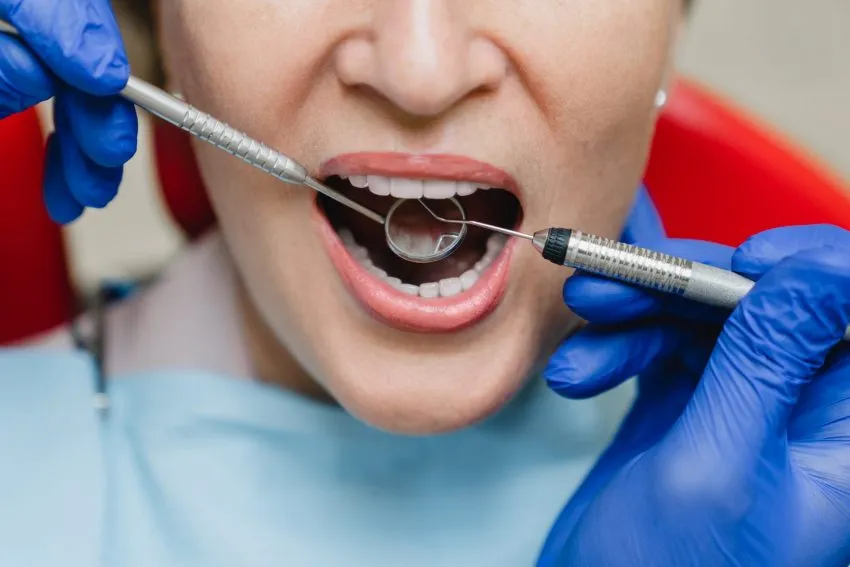
Endodontics deals with the study and treatment of dental pulp and the tissues surrounding the roots of teeth. It focuses on diagnosing and treating diseases and injuries that affect the pulp and root of teeth, such as inflammation, infection, and trauma. Dr. Steven Kaplan New York, can prescribe root canal treatment.
The treatment involves removing the infected or inflamed pulp of a tooth, cleaning the root canals, and filling them with a material to prevent further infection. Endodontic treatment aims to save the natural tooth and prevent the need for extraction.
During an endodontic appointment, the endodontist will examine the affected tooth and the surrounding area to determine the extent of the damage or infection. The following are the typical steps that can be expected during an endodontic appointment:

- Medical and dental history review: The endodontist will review the patient’s medical and dental history to determine if they have any underlying health conditions or medications that may impact their endodontic treatment.
- Examination: The endodontist will examine the affected tooth and take x-rays to evaluate the extent of damage or infection.
- Anesthesia: Local anesthesia is typically administered to numb the area around the affected tooth to ensure the patient’s comfort during the procedure.
- Treatment plan: The endodontist will discuss the treatment plan with the patient and explain the procedure and any potential risks and benefits.
- Root canal treatment: The endodontist will remove the infected or damaged pulp from the tooth, clean the root canal, and fill it with a special material to seal it and prevent further infection.
- Post-treatment care: The endodontist will provide instructions for post-treatment care, which may include pain management, temporary restoration, and follow-up appointments.
- Restoration: After the root canal treatment, the patient may need a permanent repair, such as a crown, to protect the tooth from further damage.
Endodontic care is necessary when the dental pulp, which contains nerves, blood vessels, and other tissues, becomes inflamed or infected. The following are some of the most common reasons why someone may need endodontic care:

- Deep decay: Deep decay can allow bacteria to reach the pulp, leading to infection and inflammation. If the decay is not treated promptly, it can result in irreversible damage to the pulp, which may require endodontic treatment.
- Trauma: A traumatic injury to the tooth, such as a fracture or crack, can damage the pulp, leading to inflammation or infection. Endodontic treatment may be necessary to save the tooth and prevent further damage.
- Gum disease: Advanced gum disease can cause the gums to recede, exposing the roots of the teeth, which can lead to dental pulp infection.
- Repeated dental procedures: Repeated dental procedures on a tooth, such as fillings, can weaken the tooth structure and lead to inflammation or infection of the pulp.
- Tooth abscess: A tooth is a painful infection that forms at the root of a tooth, often resulting from untreated dental decay or trauma. Endodontic treatment can help to drain the abscess and save the tooth.
It is important to note that the length and complexity of the endodontic treatment may vary depending on the individual case. Consult your endodontist at Compassionate Endodontists New York/NYC to learn about endodontic treatment.








